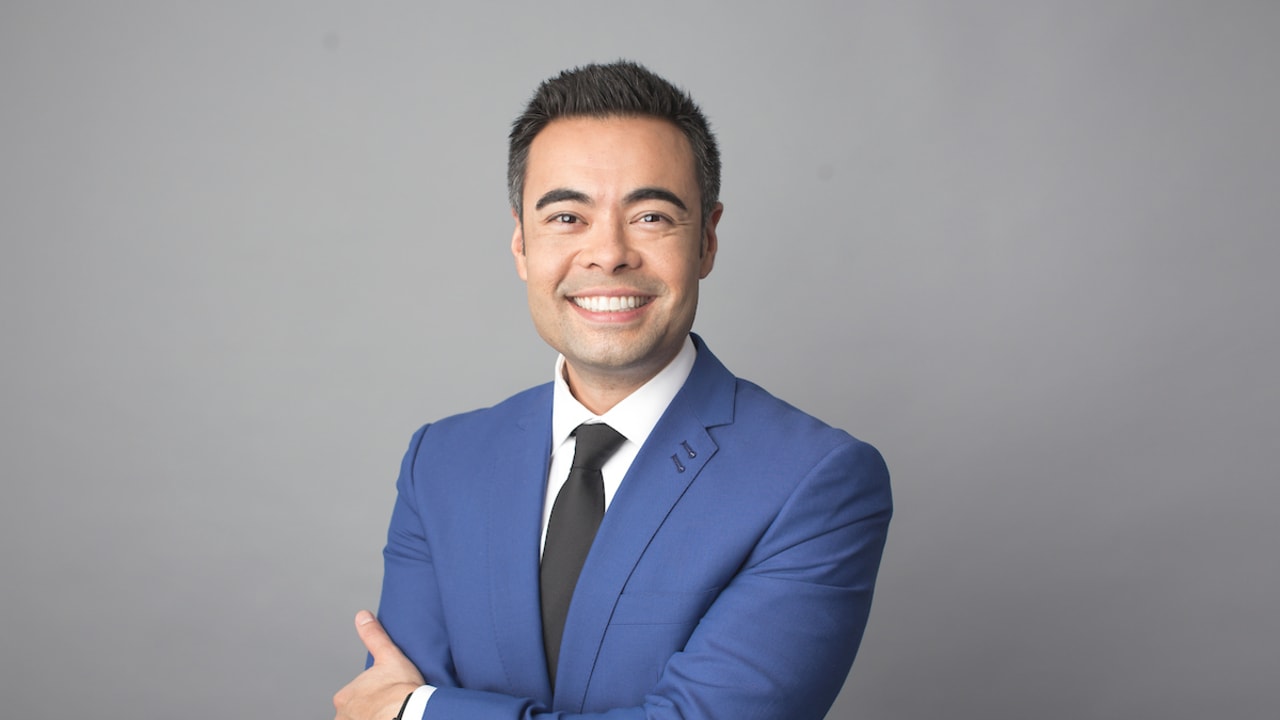
Is it easy to hate? I’ve asked myself that repeatedly over the past year and the frequency with which that question comes up has increased in recent weeks. Every morning I wake up to news of another attack on the Asian American community. The severity of the abuse has escalated. “Go back to China” being screamed at Asian Americans has transformed to acid being thrown in the face of a daughter, a father being beaten unconscious, mothers getting tossed and knocked out in public, an 84-year-old grandfather killed after being tackled on the street and eight people — six of them Asian women — being murdered at three separate Asian owned businesses in the Atlanta area. These aren’t isolated incidents. The strikes against defenseless individuals all over the country are hate crimes.
Initially, the conversations about these atrocities were mostly limited to the community they affected the most: Asian Americans. As a member of that community, it was disappointing to see the lack of reaction. Assault followed by assault led to text after text from family members. Those threads typically ended with the question, “Why don’t more people care?” The 61-year-old man, who was on his way to the first of his two jobs, was slashed across his face with a box cutter and said “I was scared because I thought I was gonna die and nobody helped me.” If hate isn’t easy, turning a blind eye and playing ignorant to chaos happening in front of you apparently is.
Many families in the Asian American community have a similar path. Our parents and grandparents lived in countries with oppressive societies marked by limited resources and opportunities. They sacrificed everything to journey thousands of miles for a chance to have a life where their kids could find prosperity. My grandfather spent 10 years in the United States alone while my grandmother, dad, aunts and uncle were in Hong Kong. He worked in Chinese restaurants cooking and cleaning dishes until he saved enough to bring everyone to New York. After spending a decade separated from his family, I can’t imagine what his thoughts would be knowing his children, grandchildren and great grandchildren are potentially targets of violence just for being Chinese Americans. The conversation about basic human rights sadly needs to start with the simple premise of feeling safe outside.
The Asian American community is facing racism and domestic terrorism. The byproduct of the savage attacks is fear. My walks outside would normally be accompanied by a podcast or music. I’m not using earbuds right now and I find myself frequently checking to see if someone is behind me. I’ve never been on edge walking into a store, but lately I’m jumpy. The casual walks on the Embarcadero in San Francisco have felt different since the start of pandemic. It started last April when I was shooed away by a woman (not wearing a mask) as though I were a disease carrying insect.
This country is described as a melting pot, but for some reason we Asian Americans have always had to prove we belong. Our community is filled with doctors and nurses helping patients with COVID-19. We are your store workers, small business owners, and in my case a sportscaster. Many of us are living a real-life American dream, yet Asian Americans are consistently asked, “Where are you from?” I recognize the question more times than not isn’t intended to be offensive, but it comes from a perspective that views us as outsiders. During the pandemic, I see Asian Americans trying to prove a fact: We really are American and this is our home. No demonstration or explanation should be needed. It’s sad that anyone who has built a life here feels the need to prove they belong. That premise seems un-American to me. As a country, our society proudly boasts its diversity as a point of distinction, which is celebrated. The twisted irony of this is not lost on those of us who read the news every morning.
I have been encouraged by the uptick of media coverage on the assaults and killings. I can’t stress enough the importance of leaders who are in the groups being discriminated against and the ones who are not, to show support to those who are suffering. Politicians, actors, athletes and anyone with influence can help create unity in a very difficult time. Being unified would be a great step in beating back racist attacks. The follow-through of holding perpetrators accountable is vital. I truly believe we all have a duty to imagine ourselves and our families in the place of the victims. As I watch the videos of violent ambushes, I’ve realized for some people, hate appears easy. I would ask what is YOUR easy? Is turning away or staying silent easy? If it is, what does your conscience say? Can you so easily dismiss simple human decency? Living with that denial sounds ridiculously hard to me.
